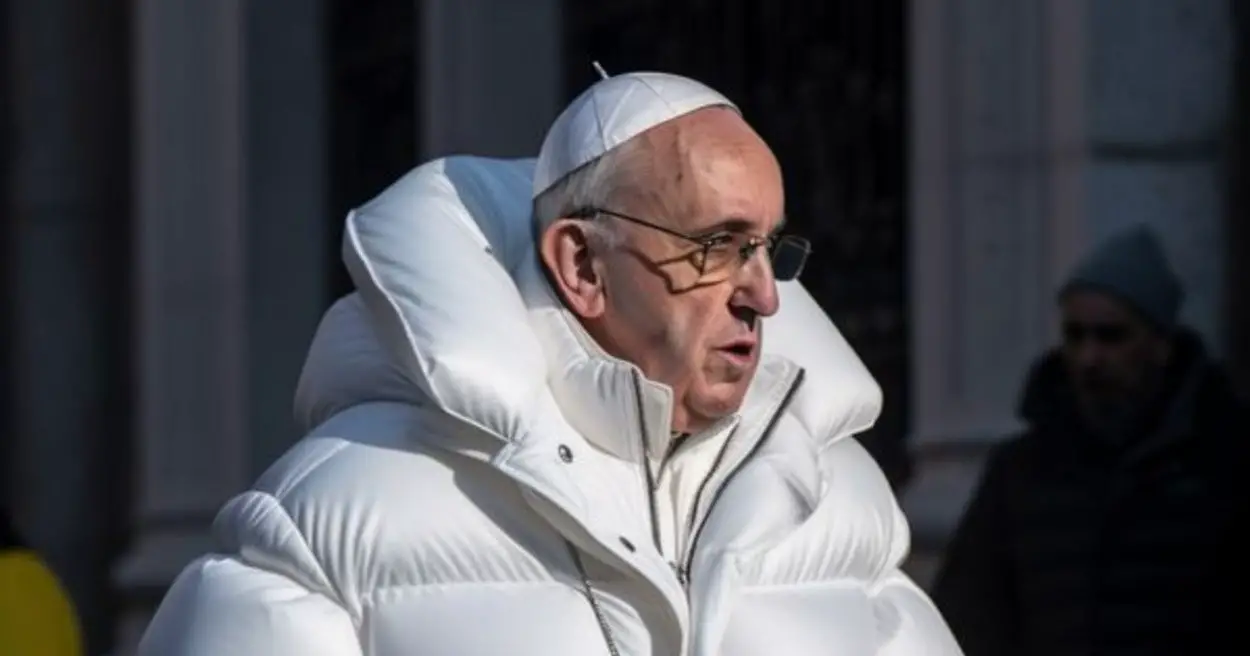Gordon Moore, the co-founder of chip giant Intel, and creator of one of the most quoted IT “laws” died on Friday at the age of 94.
In 1968, he and partner Robert Noyce (who passed away in 1990) co-founded Intel Corp. after having worked together in the semiconductor industry for a decade. He proposed what came to be known as Moore’s Law in 1965, when, in the thirty-fifth anniversary issue of Electronics magazine, he calculated that the number of transistors in an integrated circuit would double every year for the next decade. He revised the prediction at the 1975 IEEE International Electron Devices Meeting to doubling yearly until 1980, then slowing to doubling every two years.
On the 50th anniversary of Moore’s Law in 2015, Moore recorded this video about how it came about.
Gordon Moore once said, “What can be done, can be outdone.” As stewards of his law, Intel will work relentlessly to exponentially outdo what he & Robert Noyce set out to do. He leaves behind a legacy that changed the lives of every person on the planet. His memory will live on.
— Pat Gelsinger (@PGelsinger) March 25, 2023
At Intel, Moore initially served as executive vice president, moving to president in 1975. In 1979, he became chairman and chief executive officer (CEO) after passing the presidential torch to Andy Grove. He was named chairman in 1987, and became chairman emeritus in 1997, holding the post until 2006, when he retired.
“Gordon Moore defined the technology industry through his insight and vision,” said Pat Gelsinger, CEO, Intel. “He was instrumental in revealing the power of transistors, and inspired technologists and entrepreneurs across the decades. We at Intel remain inspired by Moore’s Law and intend to pursue it until the periodic table is exhausted. Gordon’s vision lives on as our true north as we use the power of technology to improve the lives of every person on Earth. My career and much of my life took shape within the possibilities fueled by Gordon’s leadership at the helm of Intel, and I am humbled by the honor and responsibility to carry his legacy forward.”
In 2000, Moore and his wife, Betty, created the Gordon and Betty Moore Foundation, which focuses on environmental conservation, scientific research, higher education and the San Francisco Bay Area, and the next year donated US$600 million to Moore’s alma mater, Caltech.
Their philanthropic initiatives have included many conservation projects worldwide, a donation to support the construction of the Thirty Meter Telescope, support for multiple northern California educational institutions, and establishment of the Betty Irene Moore Nursing Initiative.
Over his lifetime, Moore received many awards and honours including election as a member of the National Academy of Engineering, induction as a Fellow of the Computer History Museum and of the American Association for the Advancement of Science.
He received the National Medal of Technology and Innovation in 1990, the Othmer Gold Medal for outstanding contributions to progress in chemistry and science in 2001, the Presidential Medal of Freedom in 2002, and the 2008 IEEE Medal of Honour for “pioneering technical roles in integrated-circuit processing, and leadership in the development of MOS memory, the microprocessor computer, and the semiconductor industry.” In 2009, he was inducted into the National Inventors Hall of Fame.
“Gordon was a brilliant scientist and one of America’s leading entrepreneurs and business leaders,” said Frank Yeary, chairman of the Intel board. “It is impossible to imagine the world we live in today, with computing so essential to our lives, without the contributions of Gordon Moore. He will always be an inspiration to our Intel family and his thinking at the core of our innovation culture.”









Leave a Reply